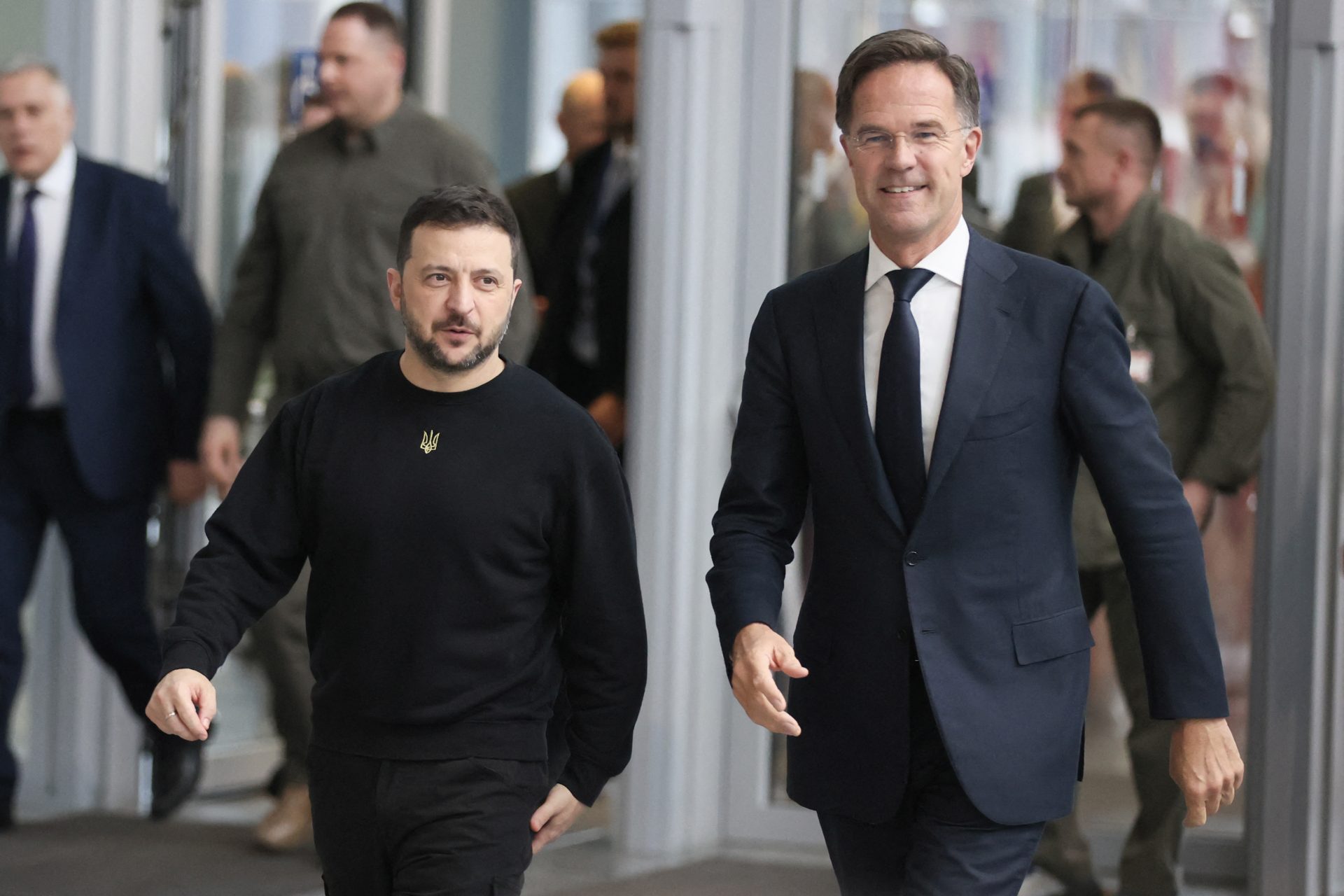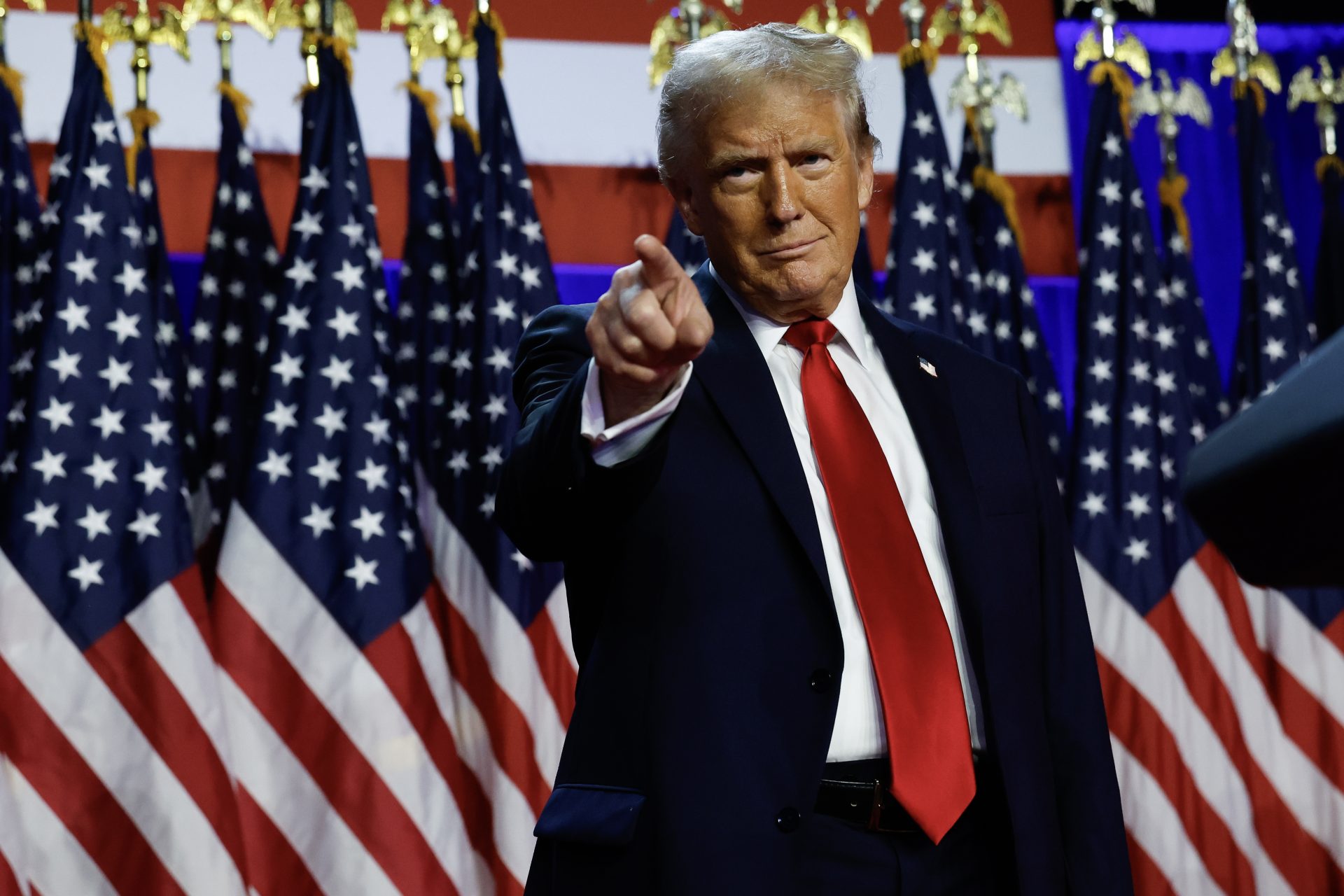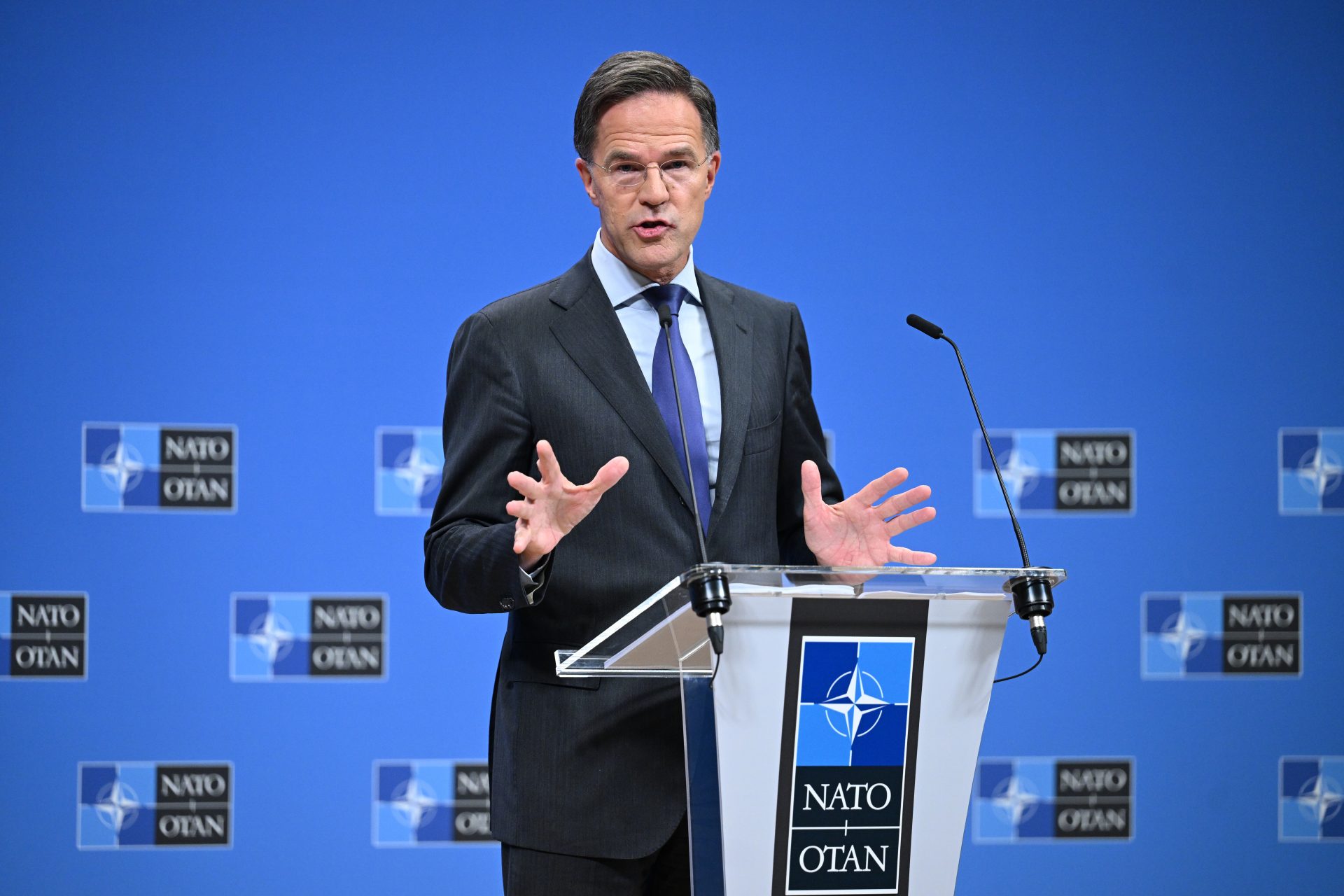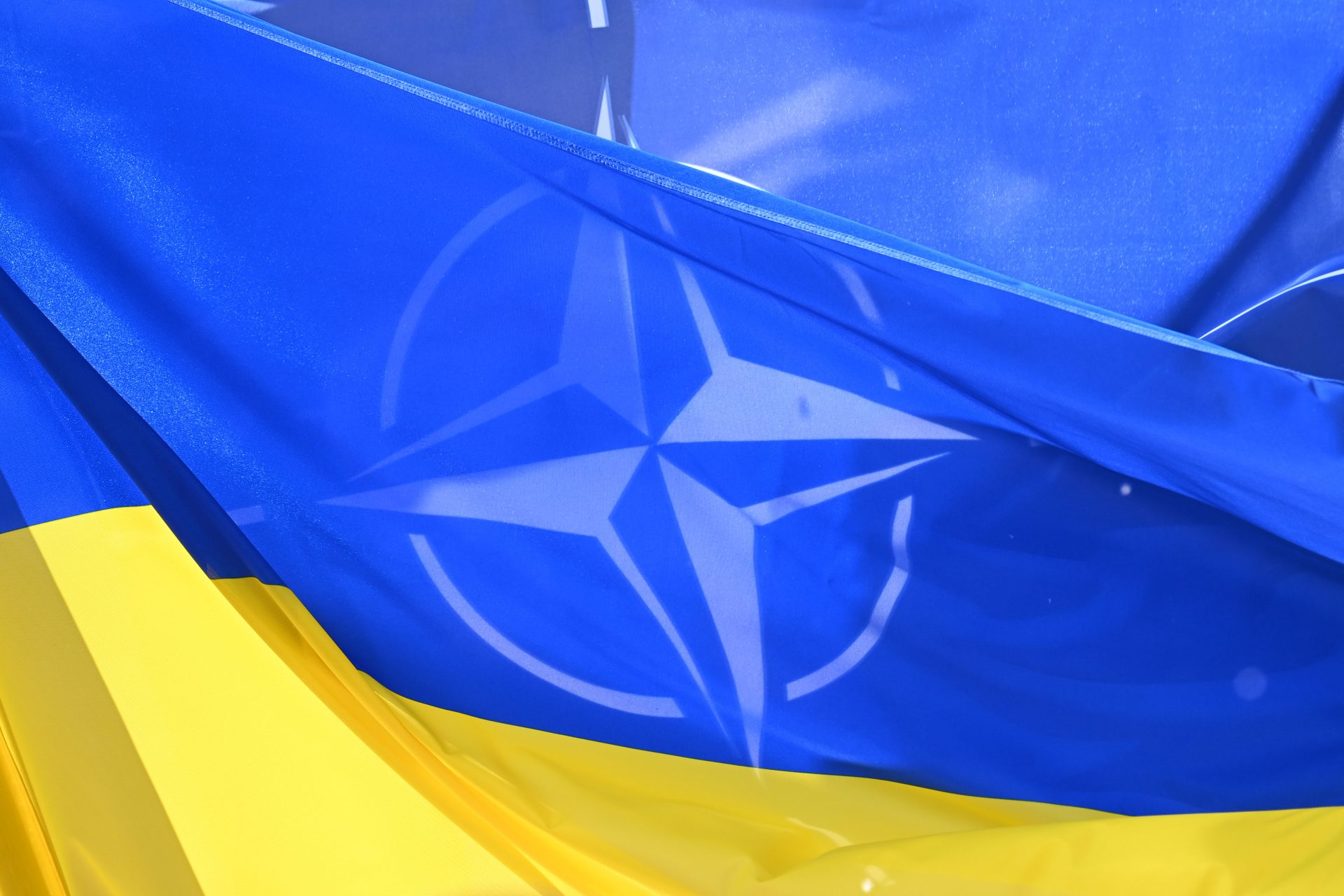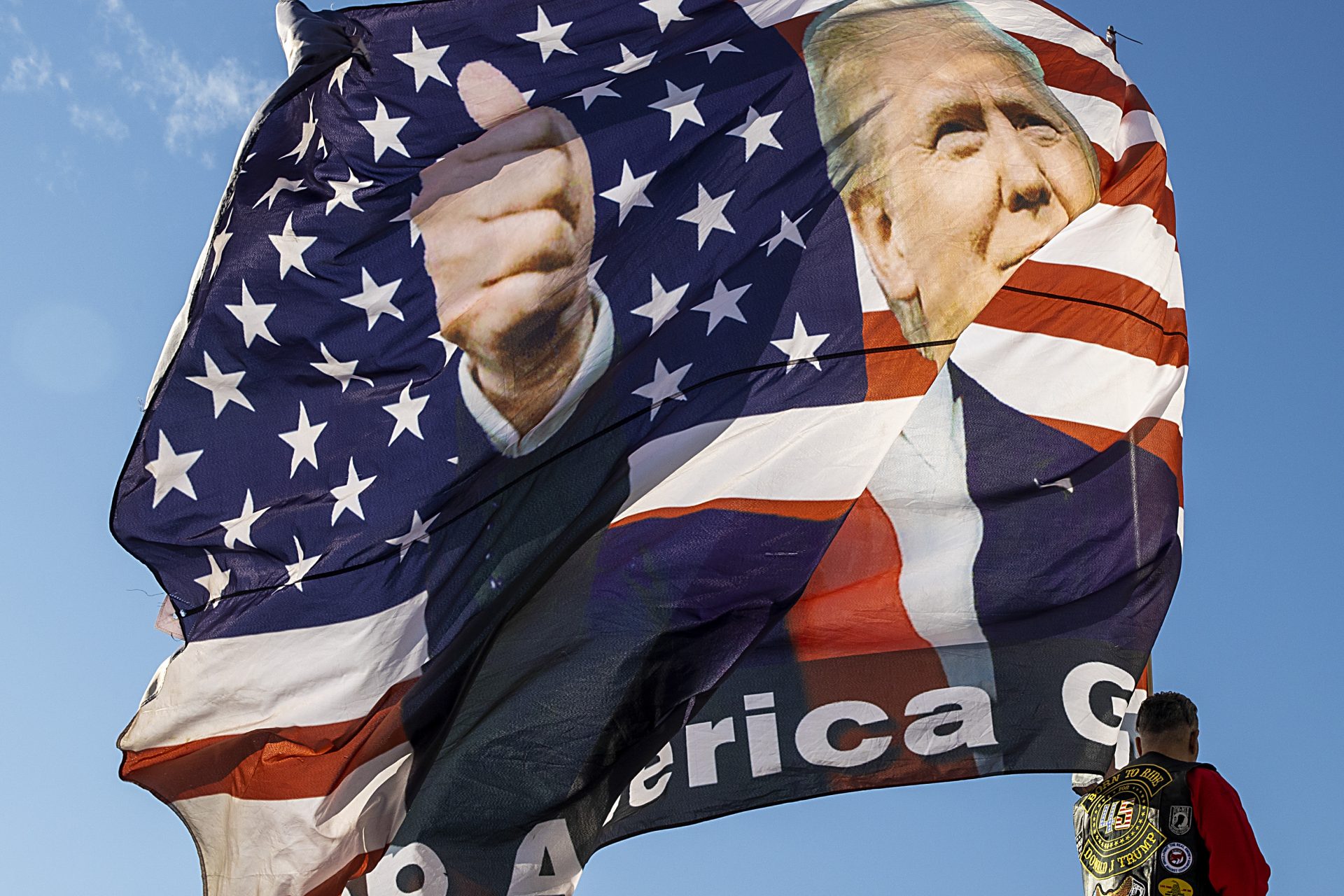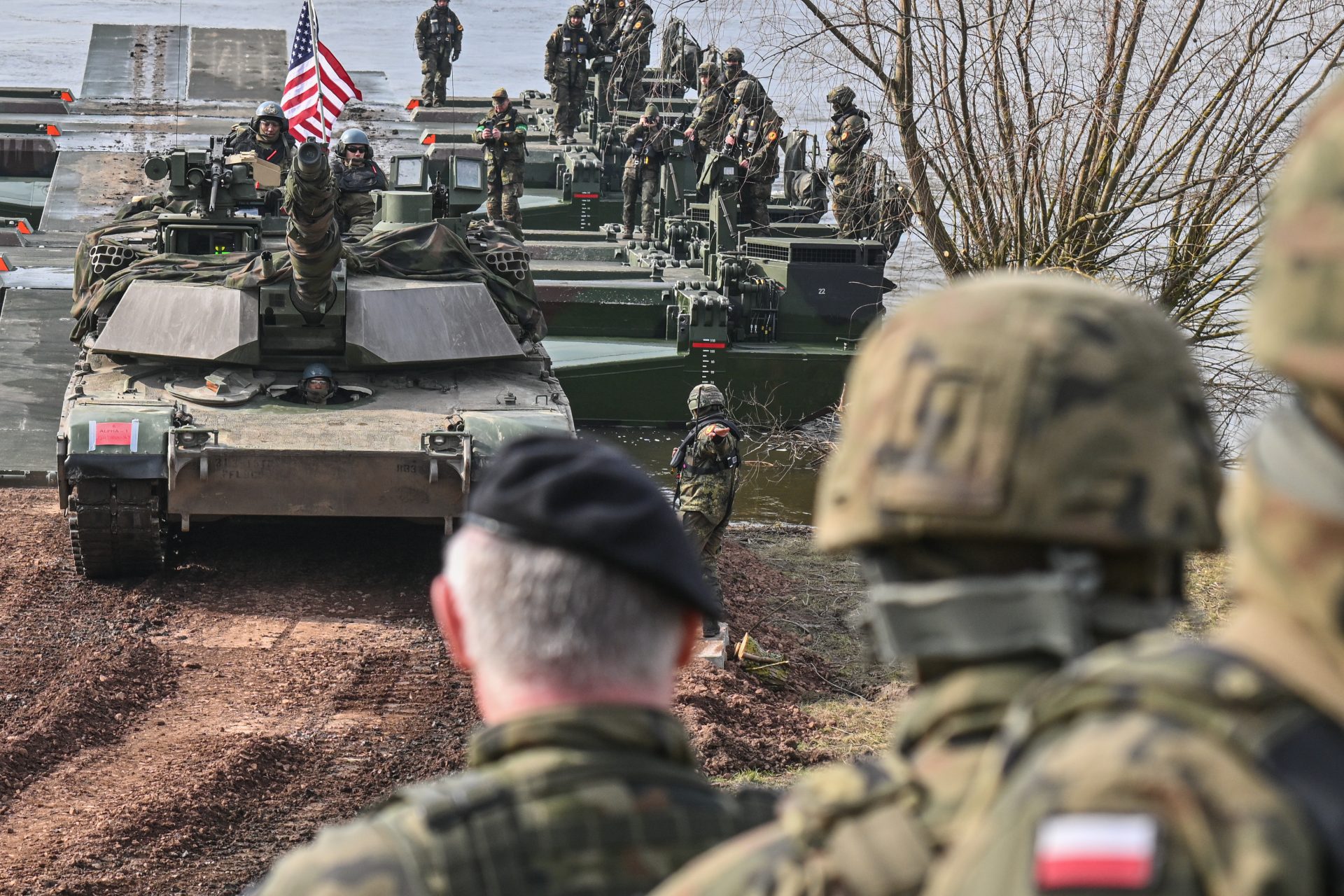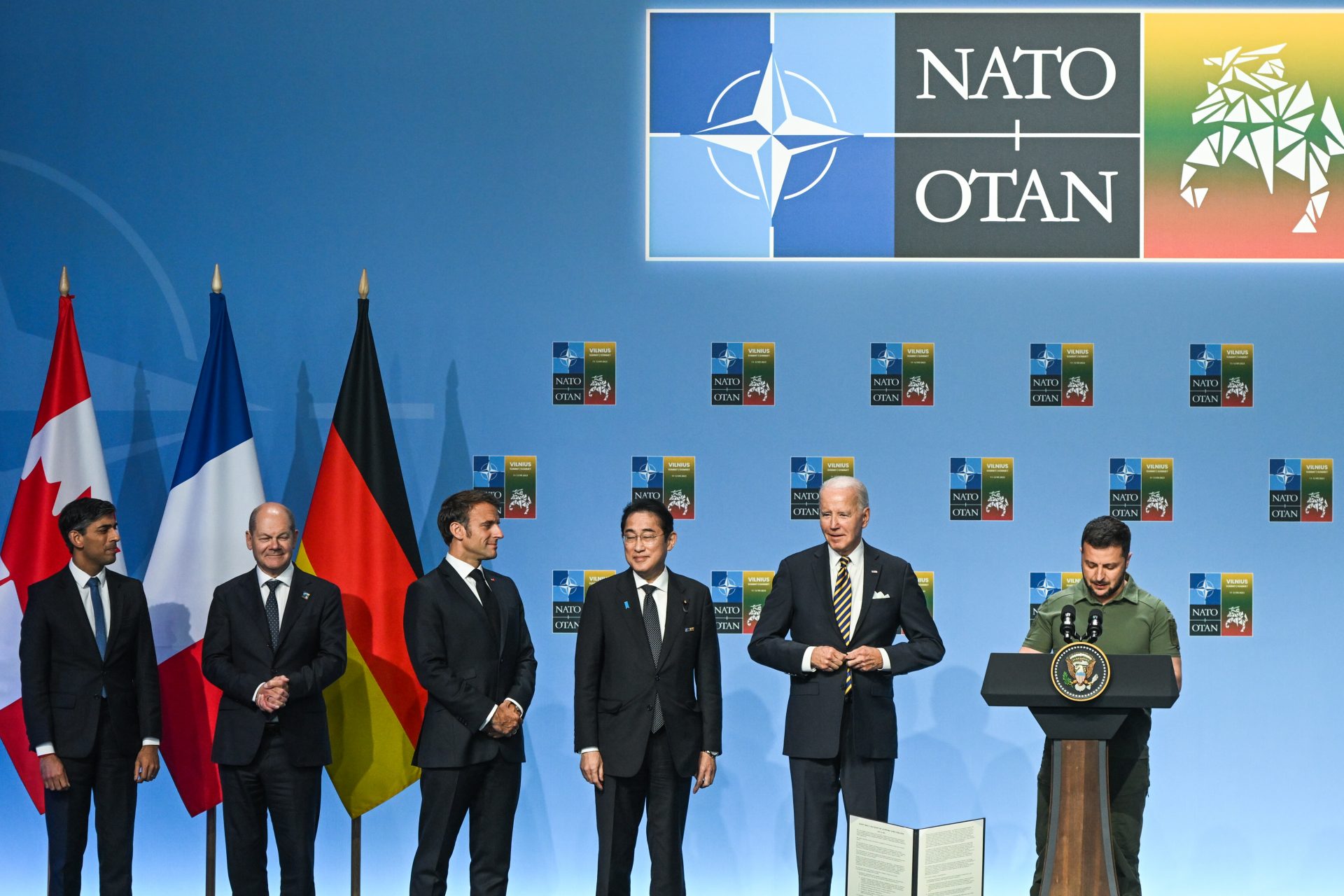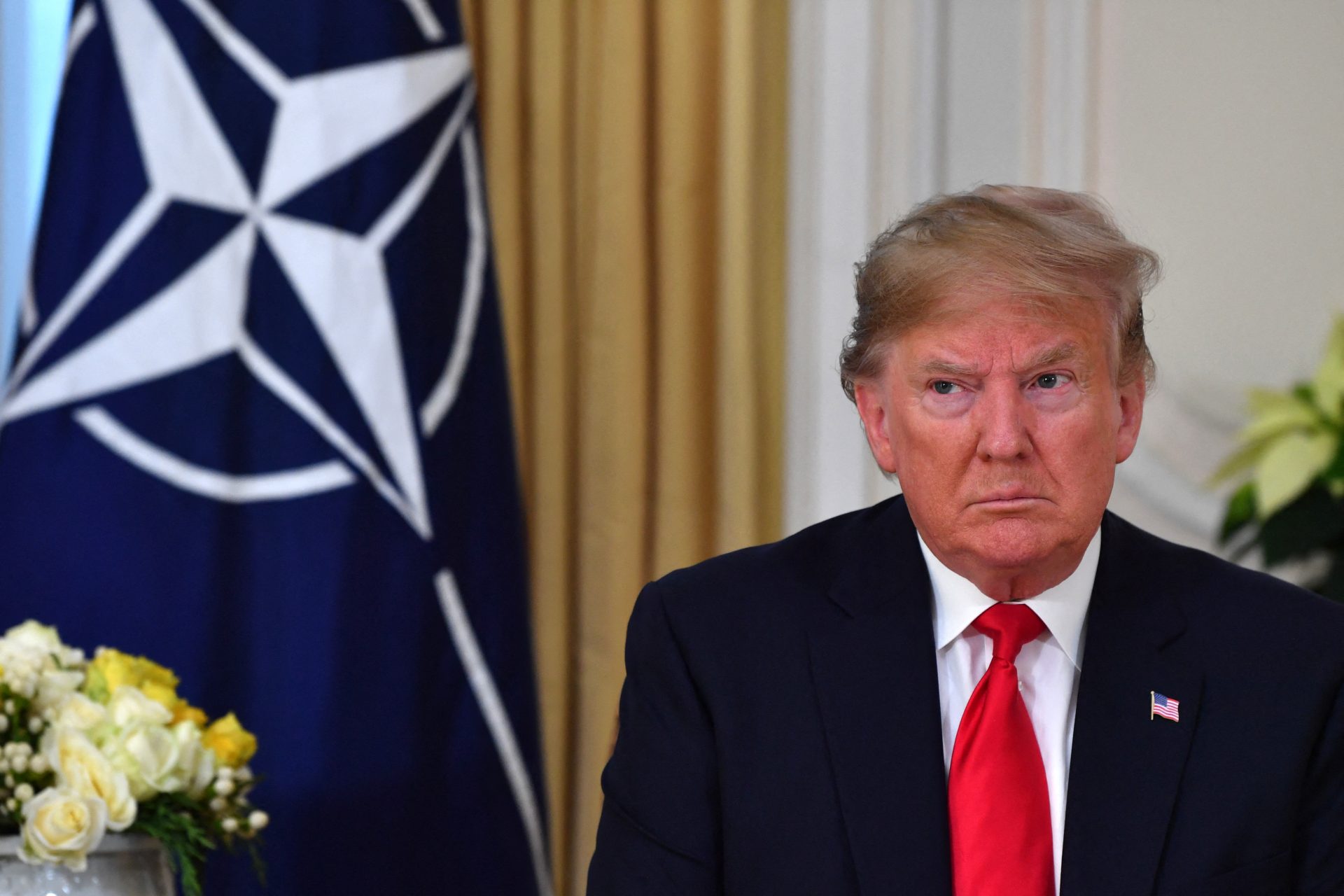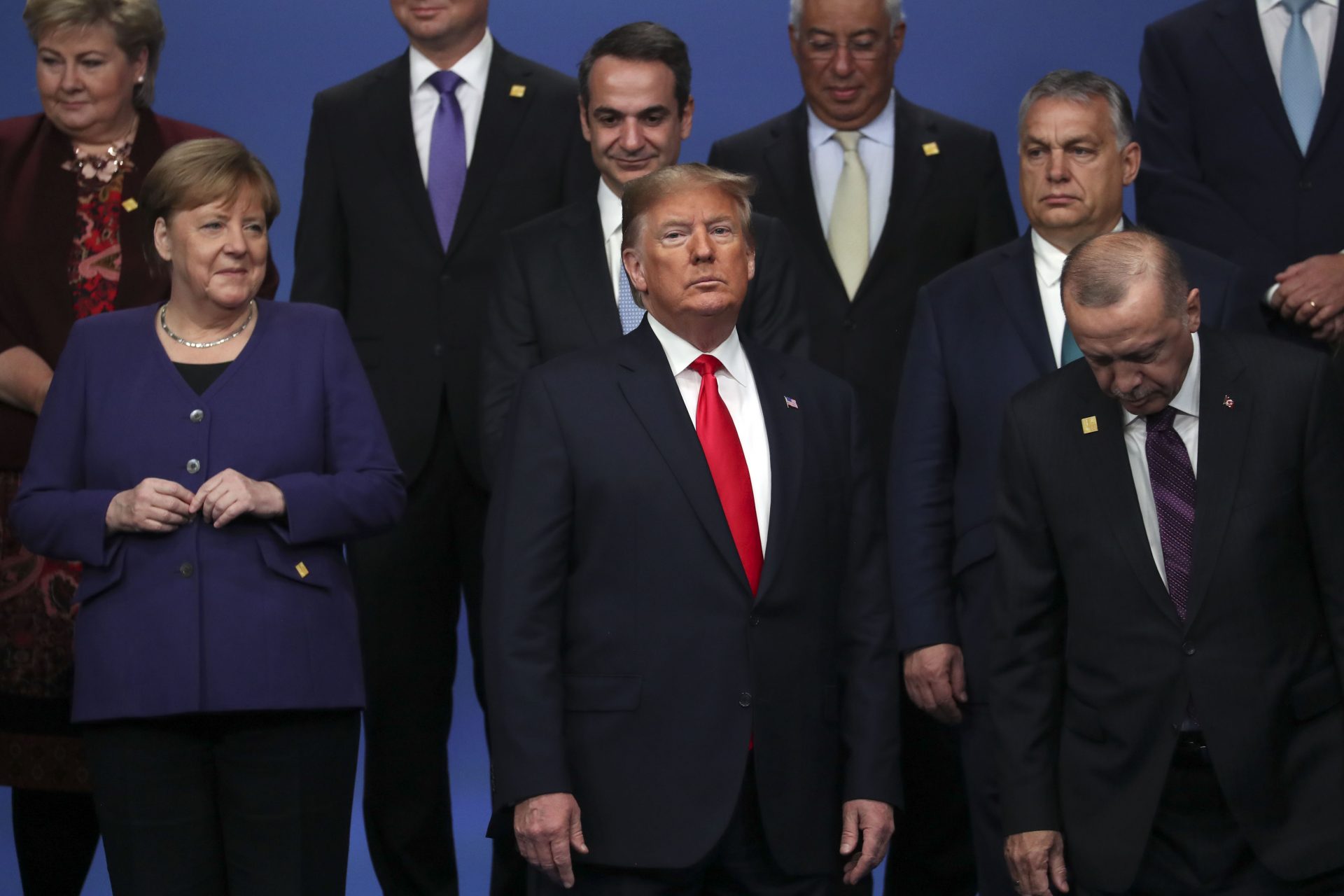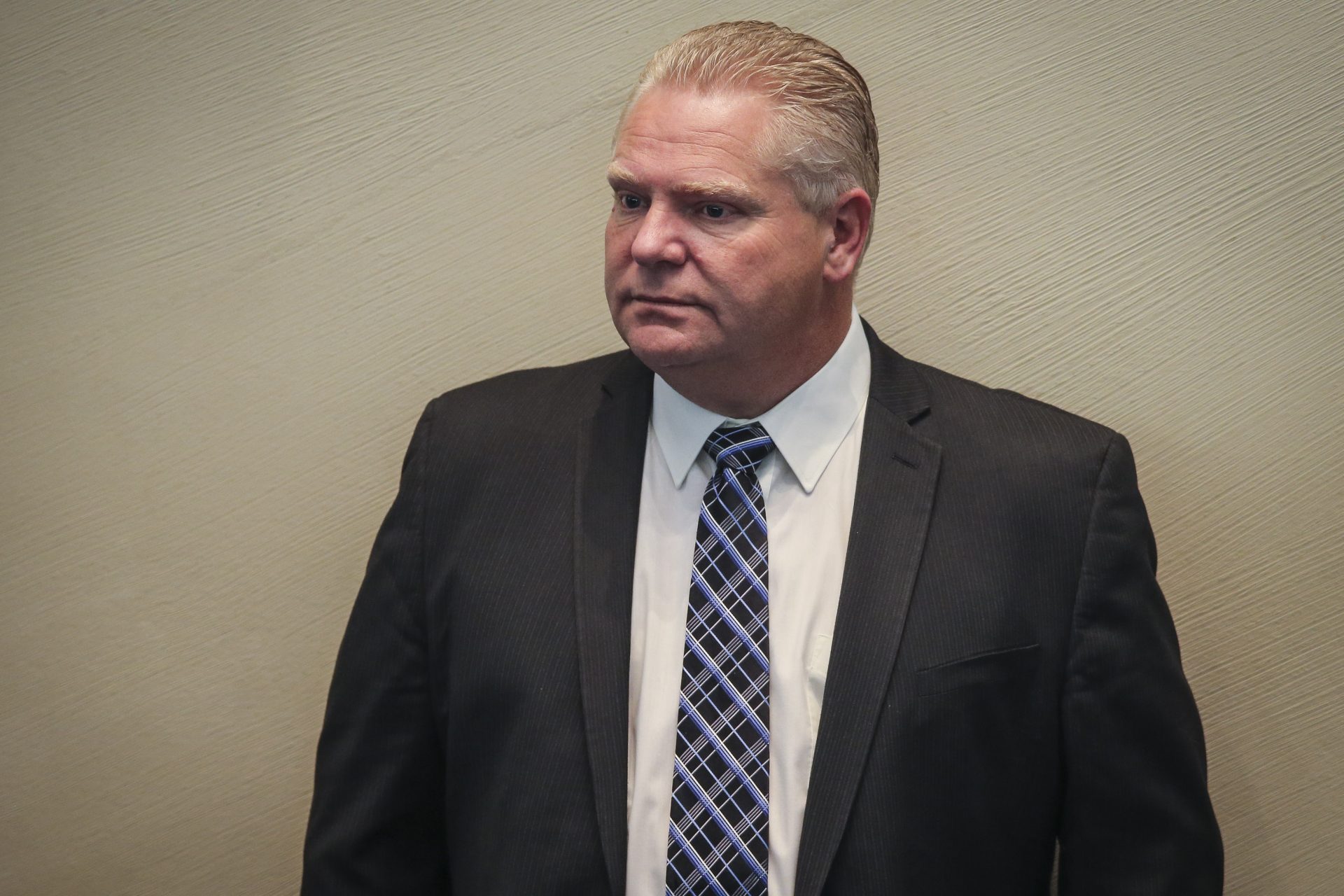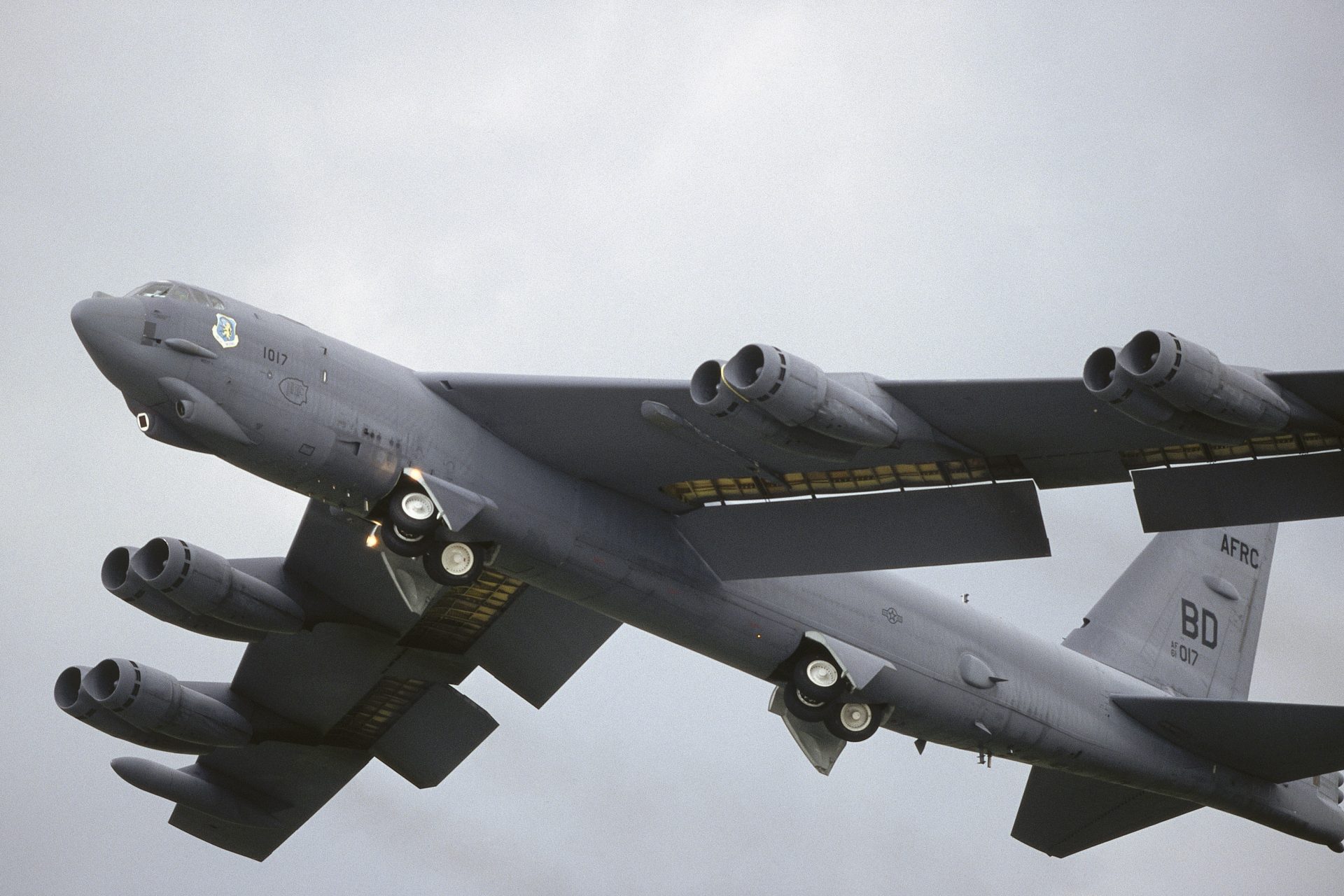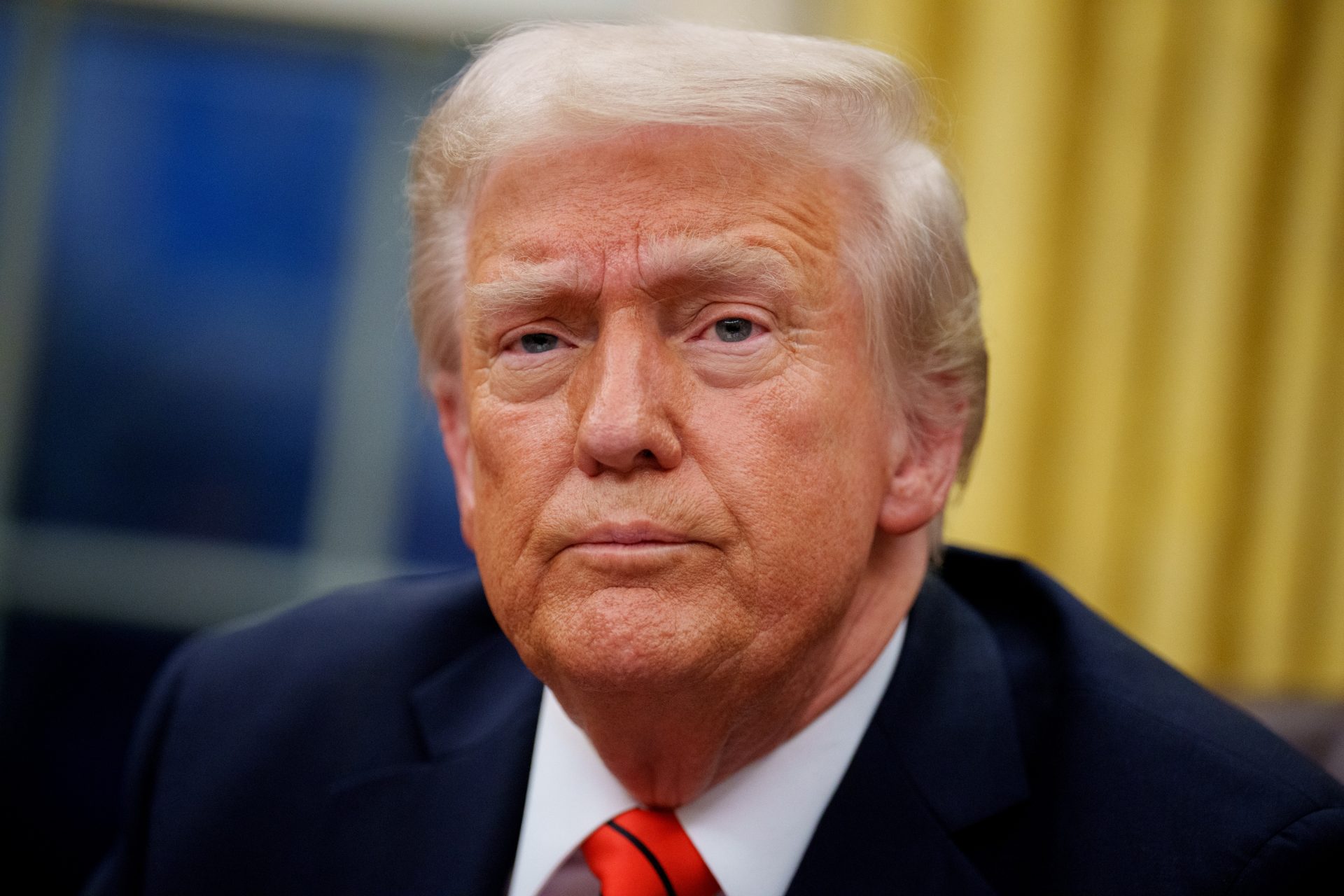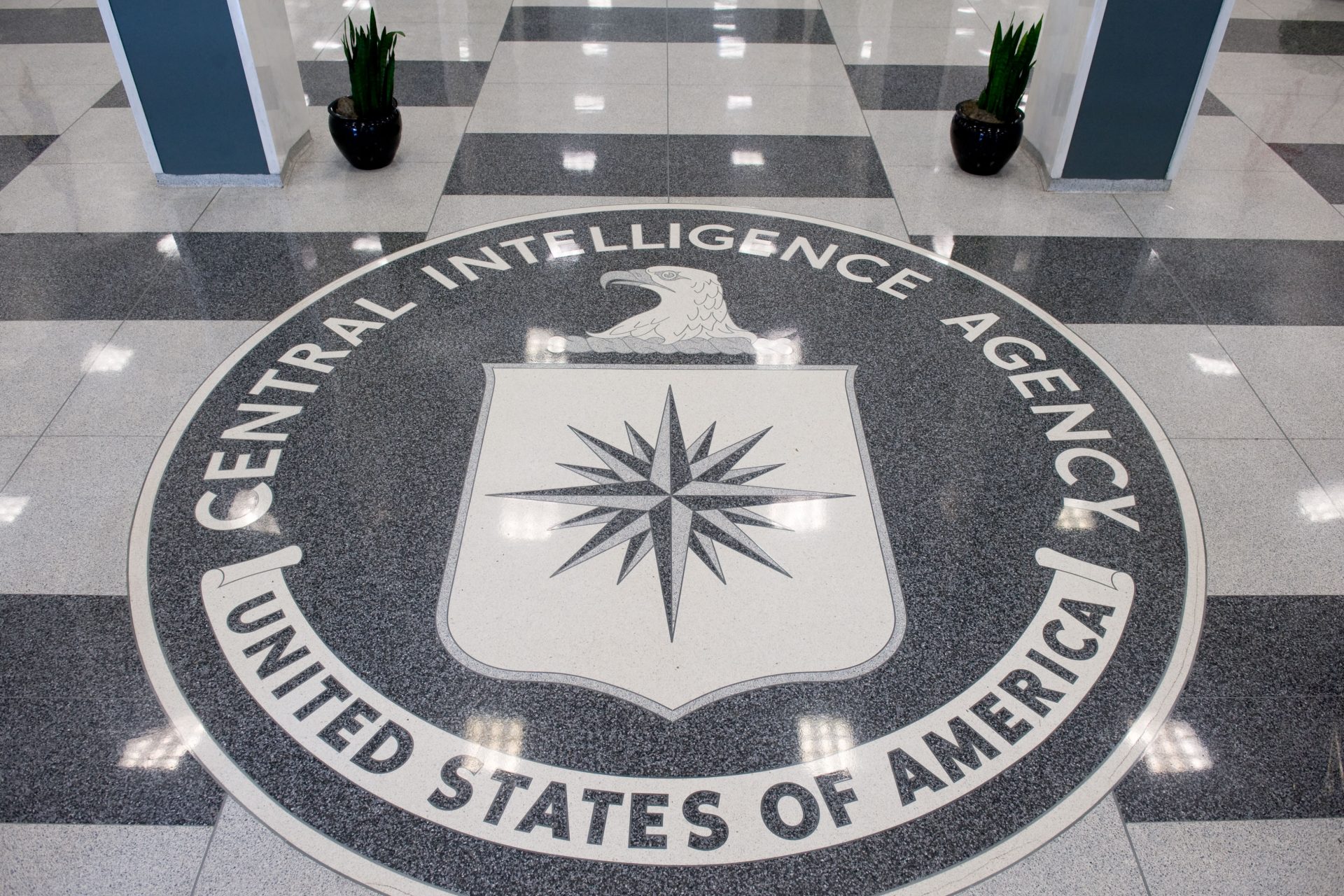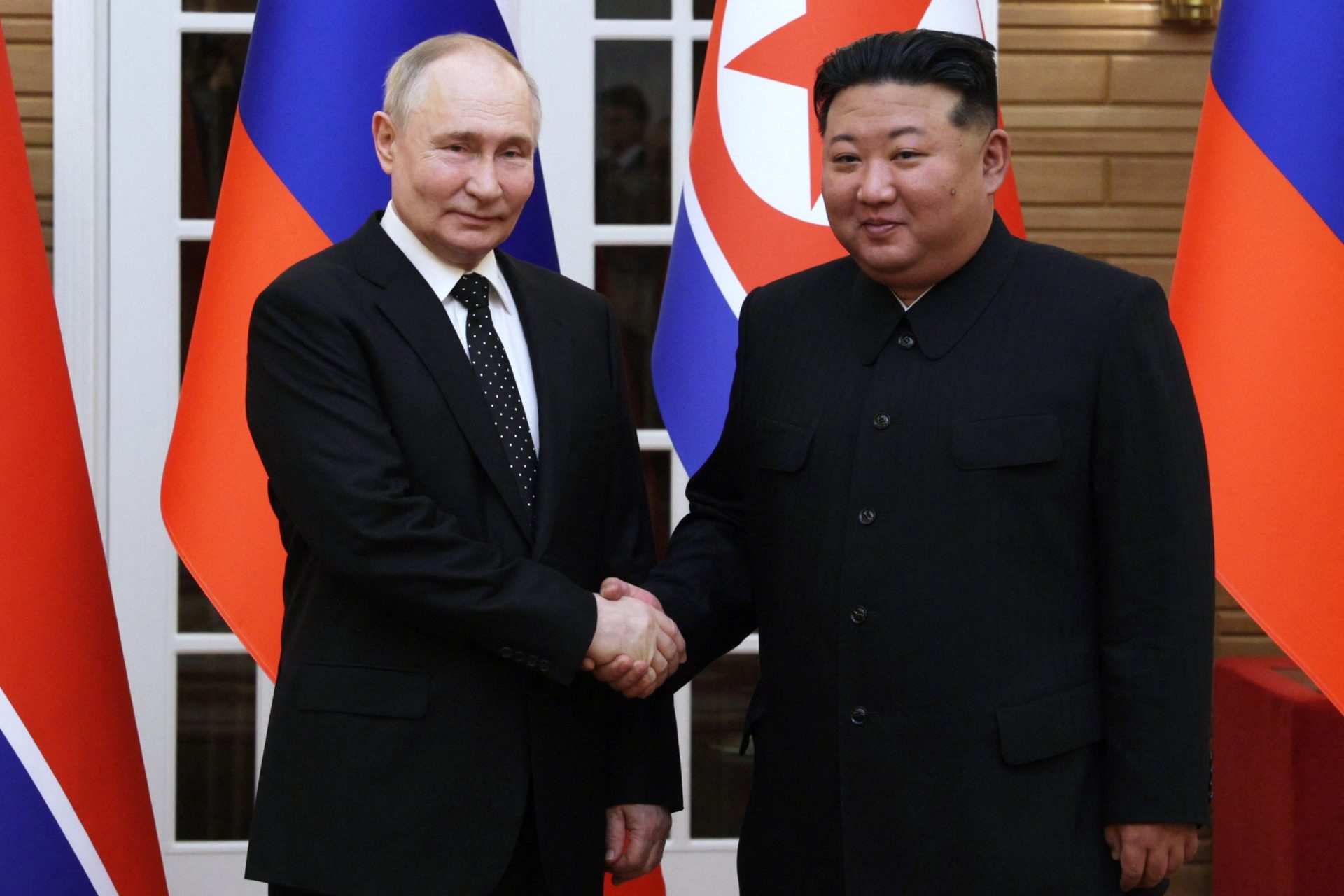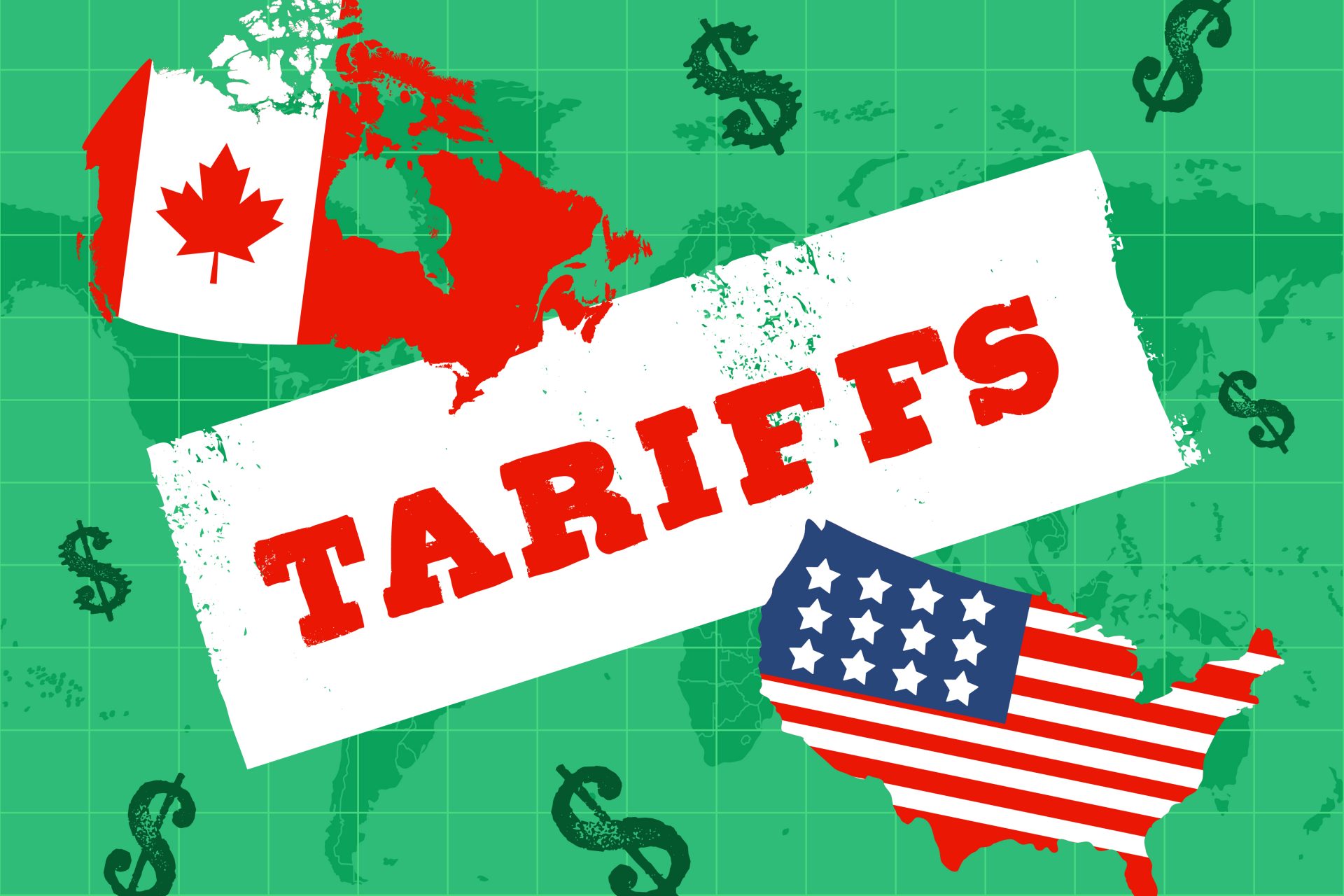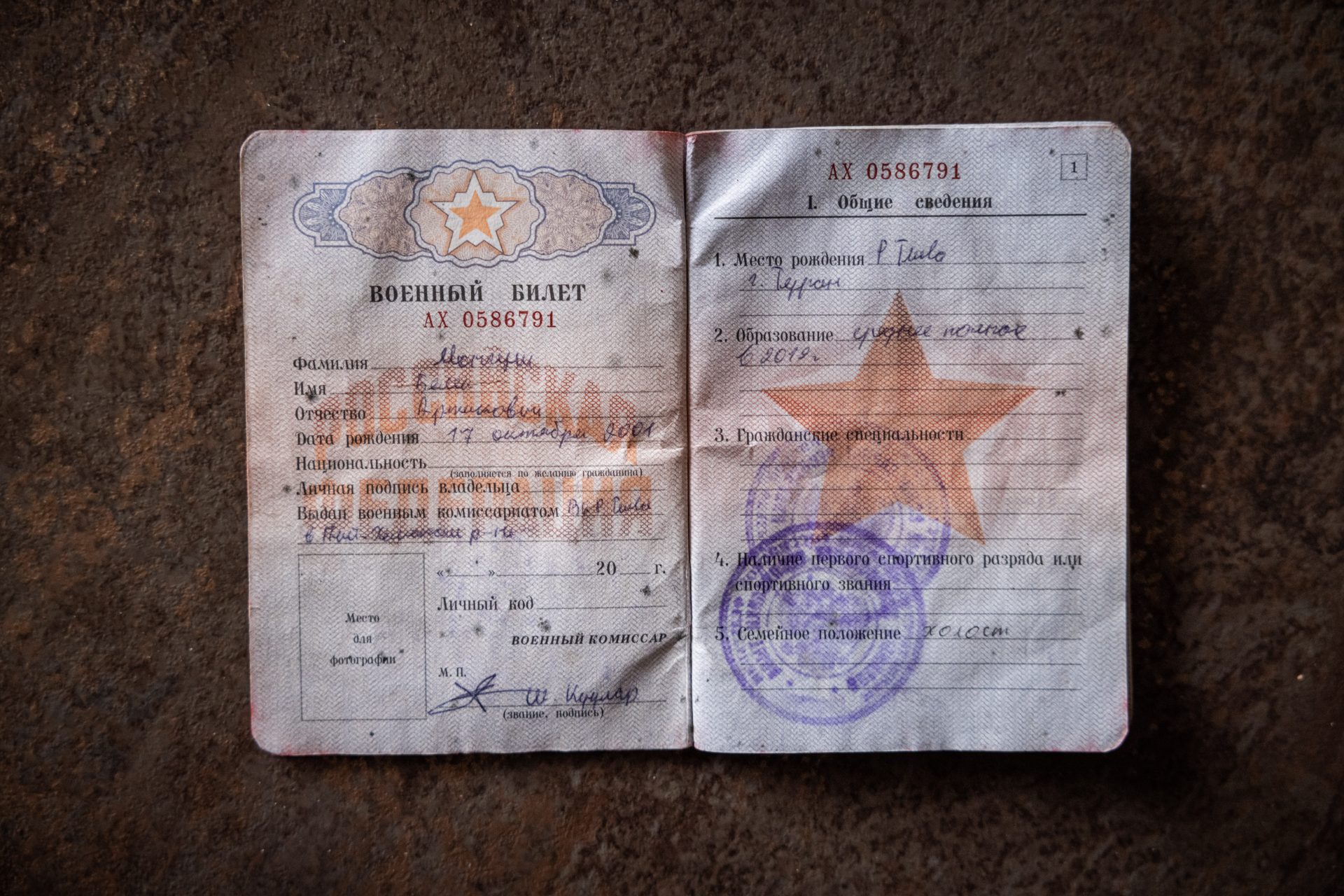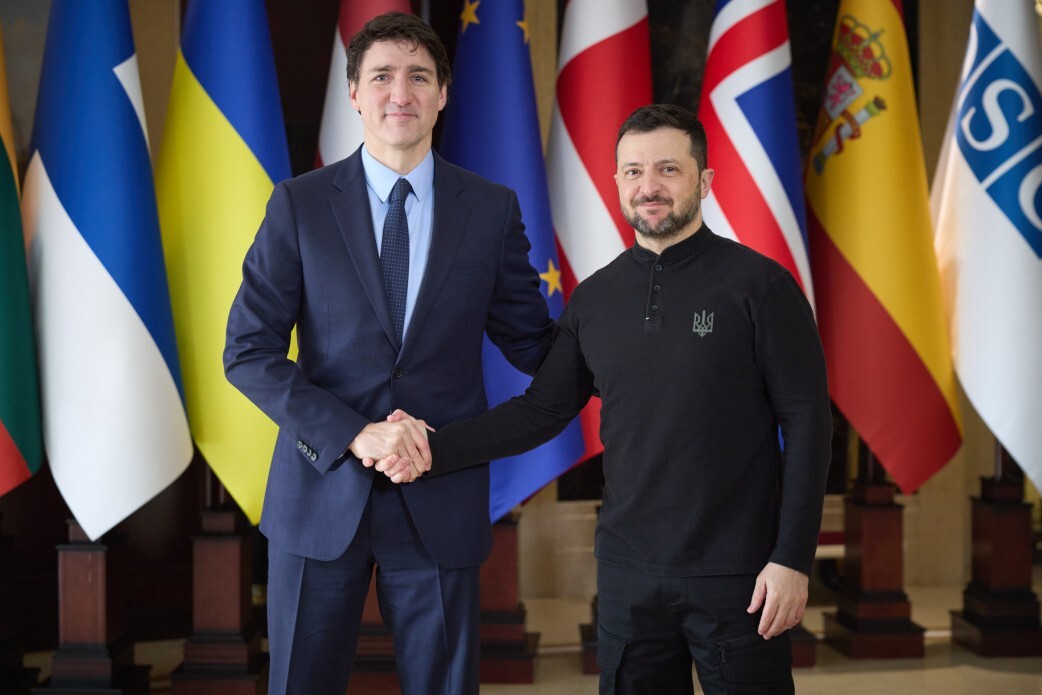Could NATO expel the United States if it fails to support Ukraine?
The North Atlantic Treaty Organization is probably the largest and most enhanced military alliance ever seen by humankind. It’s no secret that the United States is, at its core, a vital component to maintain NATO’s existence.
However, there’s concern that this could change with Donald Trump back in the White House. The Republican politician has avowed to put a quick end to the war in Ukraine and reevaluate the US support and financing of the NATO coalition.
EuroNews reports that there have been comments that NATO Secretary General Mark Rutte has been considering expelling the United States from the alliance if Donald Trump fails to support Ukraine in its war against Russian invaders.
However, EuroNews writes that such rumors are false, since NATO lacks a mechanism to kick out any of its members. They can only leave by invoking Article 13 of the treaty.
Indeed, EuroNews highlights that Rutte has only mentioned hoping to work together with the Trump Administration, congratulating the New York mogul over social media.
“His leadership will again be key to keeping our Alliance strong”, Rutte declared in a public statement, where he reminded Trump that “through NATO, the US has 31 friends and allies who help to advance US interests, multiply American power and keep Americans safe”.
According to the NATO website, the United States defense spending overall makes up two thirds of all the expenditures made by the military alliance.
The BBC writes, however, that all members of NATO distribute the expenses according to national income, providing around 2% of their GDP.
Currently, though, both Germany and the United States provide 16% of NATO’s total funding, followed by 11% from the United Kingdom.
The United States used to provide 22% of the alliance’s budget, but this changed during Donald Trump’s first term as President of the United States.
Likewise, the BBC reveals that the United States houses about 85,000 soldiers in Europe, mainly in Germany, Italy, and the United Kingdom.
What is certain, as NPR highlights, is that the arrival of Donald Trump will change things within the world’s largest military alliance.
More for you
Top Stories



